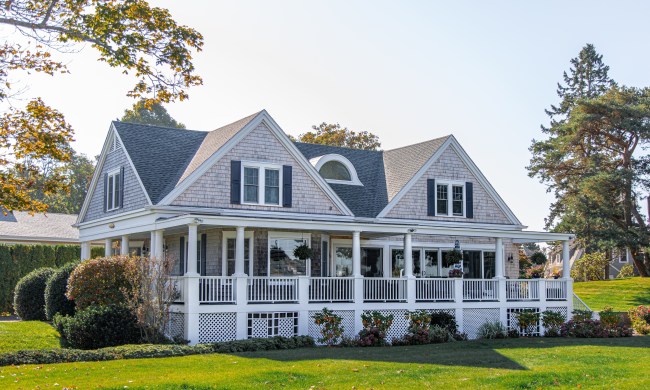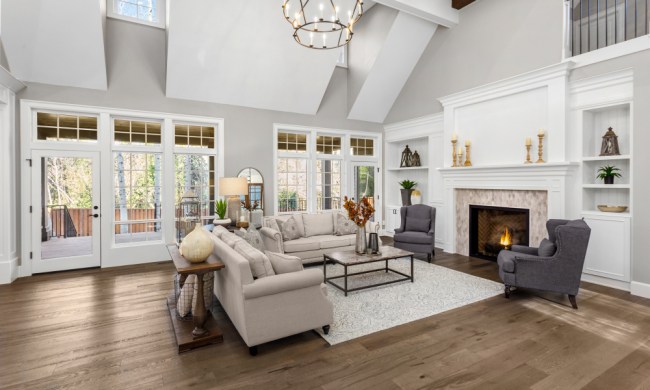Buying a house or an apartment is not the same as buying a car or a new television. Often, you have to take precautions and check many things. There are a few significant things many new homebuyers wish they had known before buying. The problem is, people don’t know what they don’t know, and buying a home is not something you should learn from bitter experience. To make your buying process easier and more successful, look below at the things new homebuyers wish they had known.
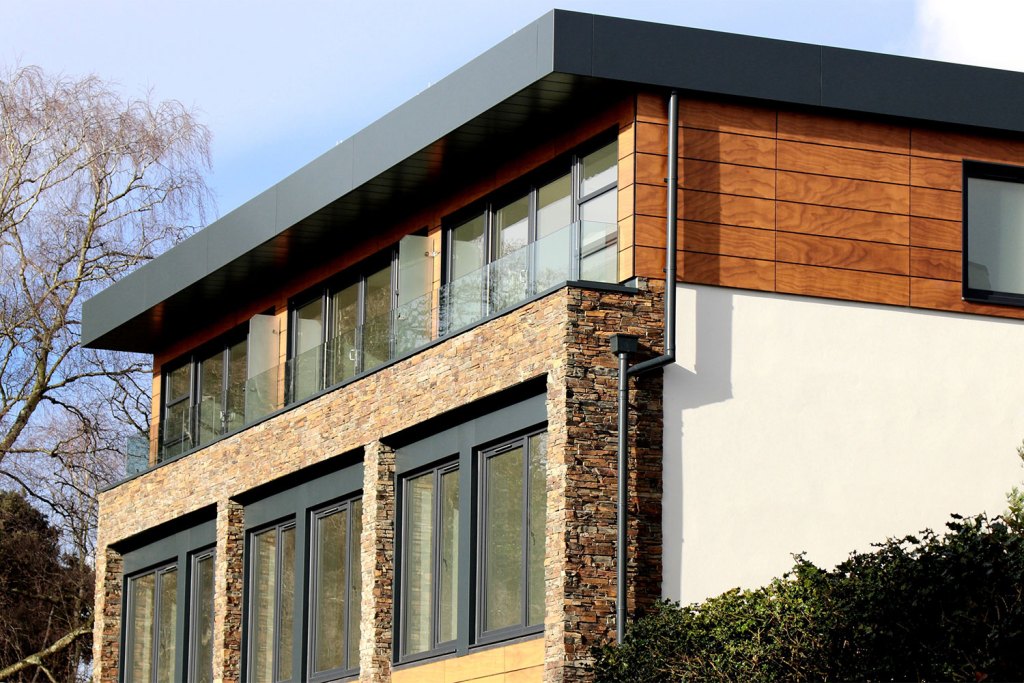
Before: What is your budget?
First of all, you must know the budget you have for your property. Generally, it consists of savings and a loan that will have to be taken out with a bank.
If you can use one of the many online calculators, it is best to make an appointment with your banker to determine how much money you can borrow. Then, you will know what your budget is.
The Bureau of Labor Statistics states, “Housing accounted for 36.3 percent of household spending among married couples whose oldest child was under age 6 in 2015. By comparison, married couples whose oldest child was 18 or older spent 27.5 percent of total expenditures on housing. Single-parent households with at least one child under age 18 spent 36.8 percent of their total expenditures on housing.”
Before: Think of other costs like notary, work, etc.
If you buy an apartment or a house, there are additional costs to think about.
Thus, you will need to take a notary who will record that you own the property. The notary will ask you to pay an amount that is generally between 7% and 9% the value of the property. This price includes the costs for the work of the notary but also various taxes, including the costs of transfers that go to the municipality.
Here is an example: You found a nice little apartment in Detroit that costs $107,000. The notary will ask you for about $6,400 to $9,600 to close the sale.
Besides the notary fees, bear in mind that there is always small (or larger) work to be done. Thus, it may be necessary to change a window, redo the floor of a room, or even knock down a partition to create a larger room.
There will also be development costs: Furniture, appliances, etc.
So, even if your apartment seems to cost only $107,000, its real cost may be much higher.
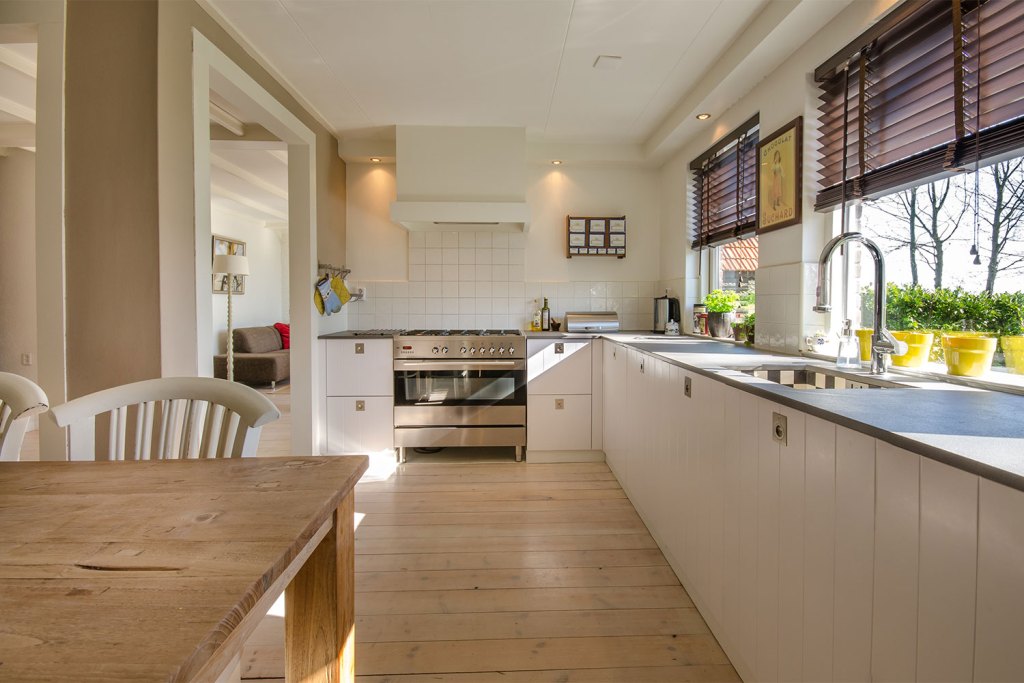
Before the visit: The main criteria such as location
Before you start looking for a property, you will need to define the main criteria.
The location is an important criterion as well as the surface area or the number of rooms. The type of property (apartment or house) should be secondary.
On the other hand, the location is decisive because it will also define your lifestyle. Here are some factors that can influence the location of your future property:
- Is it close to your workplace?
- Is there public transport?
- Will you have to buy a second car?
- Will children be able to access a middle school or high school via public transportation?
- Are there any shops nearby?
- Is there a hospital nearby? The same for a pharmacy?
As you can see, choosing a location also means making important life choices for yourself and your family. Unfortunately, the best locations are often the most expensive, so you will have to deal with your budget.
During the visit: Check everything
If you are visiting a property, consider checking to see if all the equipment is working.
It is not uncommon to find properties sold with small problems — an old window to change, a shutter that no longer works very well, a front door to change, tiled or cracked earthenware, etc.
During the visit of a house: The roof
If you are visiting a home, you will need to look carefully at the framing and roofing.
Indeed, it is an important item of expenditure if it must be redone. Angie’s List says, replacing the roof of a house can cost up to $5,300 or $11,000 depending on the complexity of the work to be done. It is therefore not something to overlook.
If the condition seems new, ask for an invoice for the work (unless the house is new, of course), to ensure that the work has been carried out by professionals.
If the condition seems doubtful, it would be advisable to bring in an expert who will let you know how long the roof will last without work.
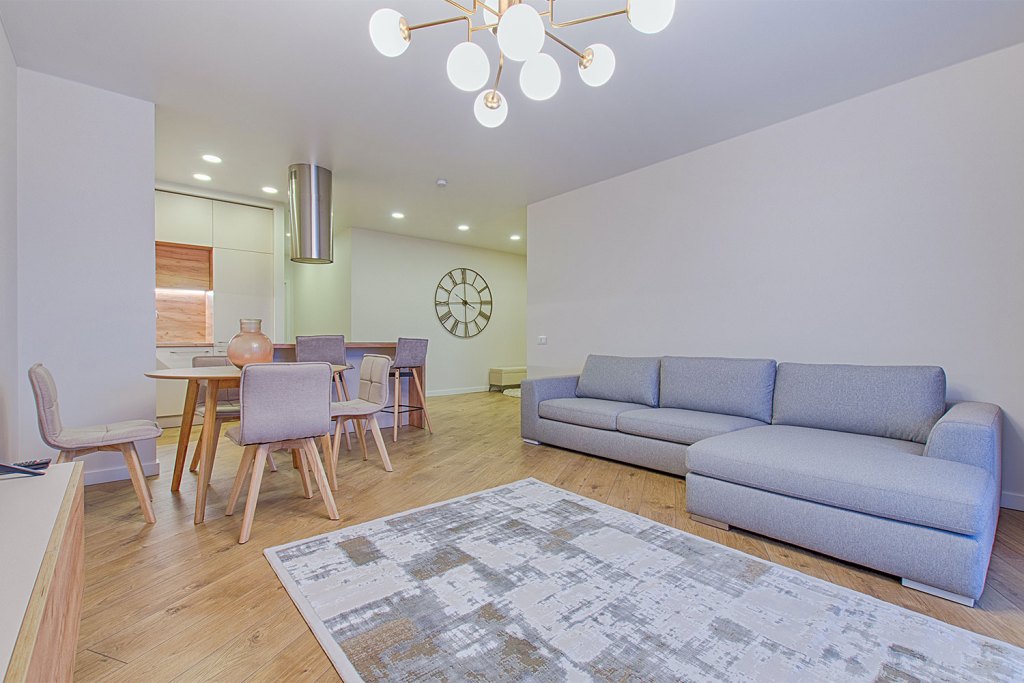
During the visit of an apartment: Work in progress to come
Apartments located in condominiums have a trustee who votes when work needs to be done.
So, you need to know if there is any work going on or if any work needs to be done later. If work has already been voted, it is the former owner who pays for it.
However, if the work is under consideration and it is voted on later, when you are the owner, so it will be up to you to pay (the co-payment that is due to you).
The most costly works include those affecting the structure of the building: Stairwell, roof, facade, etc. If work of this nature must be done in a few years, this generally implies that significant costs will have to be advanced.
In all cases, it is best to contact the building’s trustee for more information.
During the visit: Energy diagnoses
Old properties are often more expensive in energy, so heating will cost you more if the property uses old materials.
To find out more about the charges you will have to pay, you can ask the current owner for energy bills. If you are visiting an apartment, you can request to see load provision calls if heating is included.
Then, there is a very interesting document that is the energy diagnosis of the property. It is mandatory for any sale or rental. In this document, you will also find tips for improving the energy consumption of the property. This will also give you an idea of the work to be done later.
During the visit: Charges and taxes
By becoming an owner, you will have to pay a new tax: The land tax as known as the property tax, says Housing.com. This differs greatly depending on the property and on the same street; it is rare to find two owners who pay the same thing.
Before buying, you must know the amount, which can be exorbitant.
The amount of property tax should not be a surprise, and it is crucial that you know its amount.
You must also request the amount of current charges (water, electricity, garbage removal) and the housing tax. Even if part of the housing tax is linked to income, this will give you an idea of its amount.
If you have charges of co-ownership, you must also ask the owner for its amount (and the document justifying it).
During the visit: Walls and ventilation
Whatever type of property you visit, run your hand over each wall. This will allow you to detect certain defects not always visible to the naked eye.
Beware if the wall is cold or damp. Similarly, if you see a visual defect, you may be able to detect the nature of the problem by passing your hand over the wall — old crack, plugged holes, old water, or gas supply, etc.

During the visit: Neighbors and noise
When you are in the house or apartment, try to listen to the sound environment a little:
- Are the neighbors noisy?
- Do you hear a TV or radio located in the apartment above?
- Do you hear footsteps?
If you are visiting a house with a terrace, you can also listen to the sounds:
- Can you hear the cars?
- Is the street very busy?
As much, a house or an apartment can be modified to have a better sound insulation. As much for the exterior, it is impossible.
After the visit: Assess the total amount
As we saw earlier, the total amount of a property can vary depending on its price but also on other costs such as works.
You will therefore need to assess the work to be done (possibly with the help of professionals) to find out what the total cost of the house or apartment of your dreams will be. If you’re planning to buy a home in the near future, think of this list of above things as your guide. Follow the above before and during the buying process on your home so that your plan can go as smoothly as possible. Your future selves would be proud to have done so.

